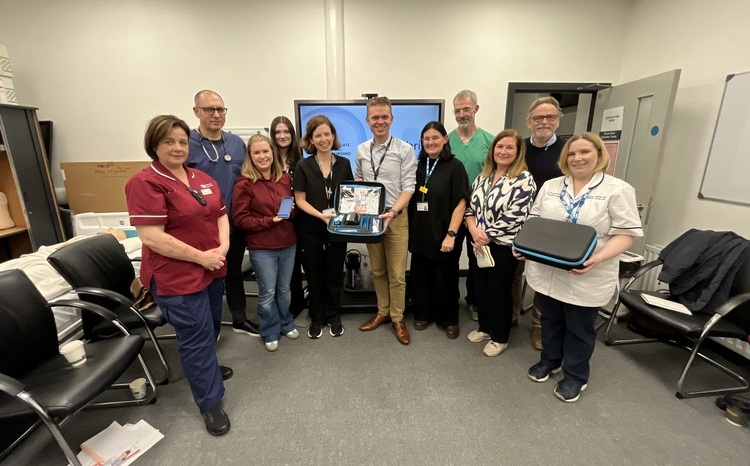ASCC procurements for the South
- 4 November 2009
Christine Connelly says the NHS will run “a series of procurements utilising the ASCC framework in January 2010” to provide community, child health and acute systems for trusts in the South of England.
The news appears to set out the beginnings of a roadmap for those trusts not covered by the BT contract extension for the South, signed in April, which covered the eight existing Cerner sites plus four more.
Systems for community services, child health services and clinical document management services are all included in the procurements, which also cover patient administration systems and a broad range of hospital clinical and departmental systems.
The supply of GP systems in the South is not covered by the procurement. However, Fujitsu did not have a contract to supply a primary care system in the South in any case, and CfH may have decided to focus solely on the GP Systems of Choice framework for GP practices.
News of the planned procurements came in a letter sent by the Department of Health chief information officer and director general of informatics to suppliers listed in the Additional Supply Capability and Capacity (ASCC) framework last Friday.
Connelly’s letter invites suppliers to a demonstration event on 24 November, saying this will be an opportunity to demonstrate products to inform procurements that will begin in January. The ASCC deals have been in place since May 2008.
“The event is essential to inform demand and improve market awareness of the clinical applications that are available in the communities, child health and acute sectors in advance of a series of procurements utilising the ASCC framework in January 2010,” says Connelly’s letter.
The DH CIO says suppliers will have to show they have current, fit for purpose products. Who the audience will be is not made clear.
Following the event, Connelly says the plan is to run joint or collaborative procurements, involving groups of trusts seeking a the same product or solution.
“We anticipate that any procurements will result in deployments at multiple trusts and suppliers will be required to demonstrate that they have the necessary operational capacity and financial standing to deliver this scope during the procurement process,” says Connelly’s letter.
Connelly also sets out a series of criteria that suppliers must meet, as well as being listed under the relevant ASCC category – the precondition of an invitation.
These are based on the application being currently in clinical use “in a modern health system with similar characteristics to the NHS”; “the application has a future development plan in place”; “has functionality appropriate to the care setting”; and satisfies integration requirements “with a) national systems, b) departmental systems, and c) systems/processes in other care settings”.
The 24 November event appears to have been thrown together at extremely short notice. The letter, sent on 30 October, gives suppliers a 4 November deadline by which to respond. Similarly, the London venue is unspecified, as is the audience for the products on show.
Many trusts in the South of England have been left in IT limbo since the termination of Fujitsu’s local service provider deal in April 2008.
A handful of trusts in the South have been actively exploring going it alone through the ASCC procurement route, but this has not been an easy or attractive option for trusts to follow individually.
The moves on ASCC come amid a sudden flurry of activity from the DH. In recent weeks the DH has also been pushing interoperability, through its toolkit; and has published its success criteria for evaluating the two remaining LSP systems: Millennium and Lorenzo.




